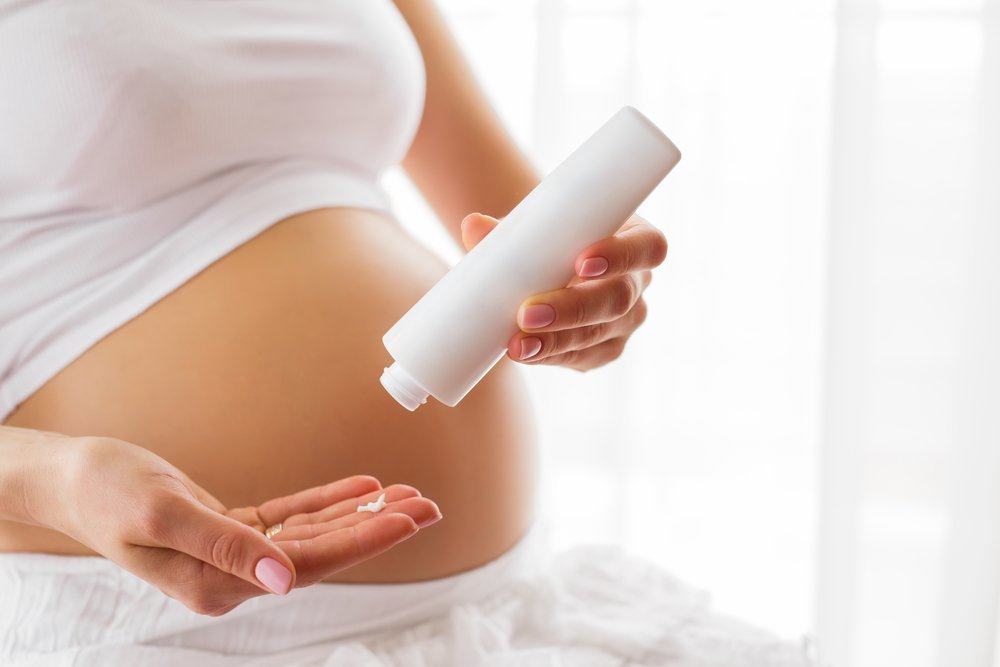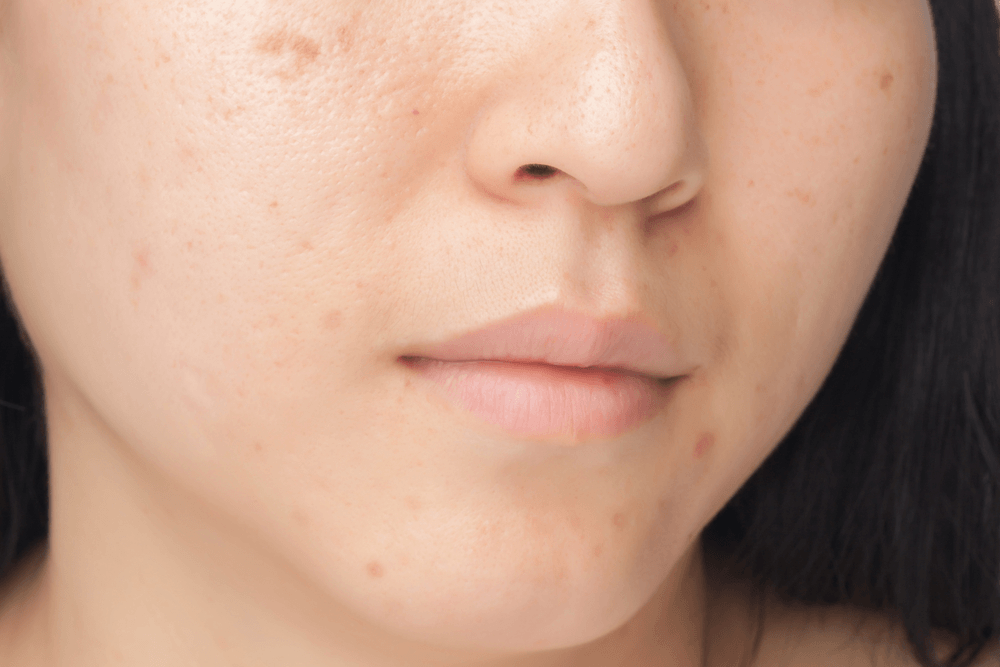Contents:
Medical Video: Episiotomy
During a normal delivery, the baby will pass through the cervix and out of your vagina, which is also called the birth pathway. The vaginal opening must be stretched to allow the baby to pass out.
You may often imagine that after experiencing such a great stretch during childbirth, your vagina will not look the same as before. You can breathe a sigh of relief. Because, unlike a broken plastic seal once opened, the vagina is a fairly flexible body organ.
Find out exactly what vaginal changes may occur after childbirth, including whether he will return to its original size before delivery (and if you or your partner know it).
Vaginal changes after childbirth
1. The vagina relaxes
One of the greatness of the vagina is that the female sex organs not only have the elasticity to be proud of, but also their ability to recover. The vagina is a very elastic organ - it can stretch up to 10cm wider to allow your baby to pass - and then re-"shrink". However, the vagina is also surrounded by a group of muscles called pelvic floor muscles and these muscles are affected by pregnancy and childbirth.
The extent to which vaginal changes can be affected depends on several factors including the size of the baby, how much time is spent pushing, whether you have labor assisted by the forceps, and even your genes.
"Your vagina may look more slack than before," said Dr. Suzy Elneil, consultant uroginecologist at University College Hospital, London, reported by the NHS. As a result, the vagina will feel weaker, softer, and "empty". The vagina can also look and feel swollen or bruised. This is caused by relaxation of the pelvic floor muscles. These muscles will lose their strength every time a successful birth. This effect is generally clearer after the birth of a large baby.
Even though the vagina may not be 100% able to return to pre-birth, swelling and bruising can begin to diminish a few days after your baby is born. However, depending on how wide the stretch is, the vaginal opening can re-resemble the original structure over time and if you routinely do Kegel exercises. For best results, do five minutes of Kegel a day, three times a day during pregnancy and after childbirth. Kegel exercises also help prevent urinary incontinence later on.
2. You may need stitches
The vaginal area can be painful or painful immediately after giving birth. About 50% of new mothers will need sutures after giving birth. Don't worry - it's not as bad as it sounds. If you are not given an epidural, you will be given a local anesthetic while the midwife or obstetrician sews an episiotomy tear. Both episiotomy tears or second-degree vaginal tears involving the skin and muscle tissue, usually require a recovery time of around 2-3 weeks. Some women only experience mild pain after a week, some may experience it for up to one month.
The sewing thread used is a special medical sewing thread that is soft and soluble, so you don't need to do a suture removal procedure. However, you may be able to feel the presence of the sewing thread, and the area of the suture wound can be soft and swollen or bruised, although this can happen even if you don't need stitches. You will be given painkillers after you give birth to help ease the pain you feel.
If you find it difficult to urinate after birth due to stitches, you can try flowing warm water into the vulva or urinating in the bathroom to thin the acid in your urine.
3. The vagina feels dry
Normal for the vagina to feel dry and rough than usual after giving birth. Estrogen levels that were high during your pregnancy will shrink after labor and decrease when you start breastfeeding; causes vaginal dryness and discomfort during sex.
"If you feel dryness in your vagina, don't worry. This will recover by itself, "said Dr. Elneil," After you stop breastfeeding and your menstruation has returned, the estrogen level returns to pre-natal conditions. "
How to treat this dryness includes using lubrication during sexual intercourse, which is available in pharmacies and online; and use water-based lubricants coupled with latex or polyisoprene condoms to prevent the risk of tearing. If you have tried this option, the drought continues to consult with your health care provider.
Then, a new question arises: "Will my partner know about my vaginal changes? And, does this affect our sex life? "Unless you experience a large labor trauma (such as a third or fourth degree wound that reaches the outer part of the vagina), he will not be so aware of the difference.
What is the sex life after giving birth?
It is common for a woman who has just given birth to feel reluctant to have sex with a partner, rather than usual. You have gone through a labor process that is so tiring, coupled with taking care of the presence of the baby, and you may also worry that sex will hurt.
"After the baby is born, estrogen levels decrease so that your body can start producing milk," said Dr. Roger Marwood, spokesman for the Royal College of Obstetricians and Gynecologists, reported by Mother and Baby. "This condition can cause vaginal dryness and pain, and low libido."
Interestingly, your sex life is more influenced by the way your baby feeds than the method of giving birth. The longer you breastfeed, the lower your estrogen level, which decreases your libido. So, even though breastfeeding is a wonderful moment for you and your baby, this can have an impact on your sex life and your partner's.
When can you have sex again after giving birth?
In addition, seeing vaginal pain that may be felt after labor, many doctors and midwives advise new mothers to wait around four weeks after you give birth. Obviously it is not safe to have sex that involves vaginal penetration until about two weeks after delivery. During this period, you generally still experience bleeding and are at risk for bleeding or uterine infections.
If you have a perineal tear or episiotomy, you tend to have softness in your intimate area. In some women, this soft bruise will heal relatively quickly. Others may experience discomfort for months after giving birth. You may also have scarring due to stitches which makes sex a little uncomfortable at first. So, your doctor or midwife might advise you to wait until after a postpartum visit every six weeks.
Fortunately, this scar tissue will usually fade over time so that sex will begin to fade normally. The sex life of most people returns to normal after giving birth. If you feel any discomfort that is very difficult for you, to not be able to have sex even after six to eight weeks, talk to your doctor to determine whether the healing process of labor is proceeding correctly.












